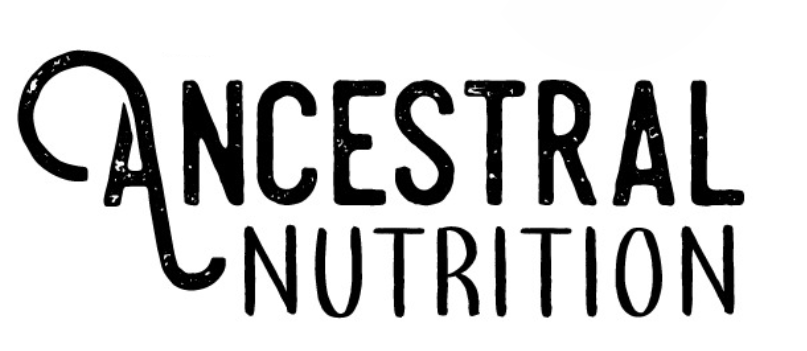When I went vegetarian at 16, part of it was because I wanted to save animals.
But part of it was because I wanted to be healthy. Part of it was because I thought it would help me lose weight.
Fact is, I killed way more animals in my years of vegetarianism than if I had I adopted a local and sustainable diet. It worsened my health and actually made me gain weight. I can’t help but notice that vegetarianism seems to be an outlet for disordered eating. Many women I’ve met with previous histories of disordered eating that have adopted a vegetarian diet. It’s like a socially acceptable form of disordered eating.
Let’s be clear, I’m not saying this is true of everyone. I’m not saying this is exclusive to women. Not all vegetarians have eating disorders. I’m saying that there is a very real connection between disordered eating and vegetarianism. Especially when this diet is touted as healthy. Especially when so many young women turn to this diet when young women already feel immense pressure to lose weight.
From Psychology Today,
A 2012 study published in the Journal of the Academy of Nutrition and Dietetics found that women suffering from eating disorders are four times more likely to be vegetarian than women without eating disorders. More than half (52 percent) of women with a history of eating disorders had been vegetarians at one point in their lives.
Vegetarians generally consume less fat and calories.
It wouldn’t be unheard of as a vegetarian to go to dinner and only eat a salad. It wouldn’t even be unheard of to go to dinner and not order because “they don’t have any good veggie options.” I know because I’ve done it, and I didn’t even have an eating disorder. But the reality of the situation is that some people do have eating disorders, and it’s easy to say “I can’t eat that.” when adhering to a meatless diet. Going vegetarian can be an acceptable way to cut out an entire food group, and several food groups if going vegan.
From this study,
Of individuals with an eating disorder history and experiences with vegetarianism, most (68.1%) felt there was a relation between vegetarianism and their eating disorder. Those who reported there was a relation reported that being vegetarian helped them lose weight and maintain the eating disorder and provided another way to eliminate calories and feel in control.
It’s a slippery slope, especially for someone who harbors an eating disorder and then chooses to go vegetarian. Where does the restriction stop?
The lack of necessary vitamins and minerals in a vegetarian diet can worsen mental behavior.
Vegetarian diets lack B12, vitamin A (retinol), cholesterol, omega-3 fatty acids and are higher in inflammatory foods like vegetable oils, grains, and legumes. This diet does not support the brain. The brain is over 60% fat and over half of our cells are made up of saturated fat. This means the vegetarian trend is cause for concern.
From the Department For Clinical Psychology at the University of Hildesheim,
Vegetarians displayed elevated prevalence rates for depressive disorders, anxiety disorders and somatoform disorders. Due to the matching procedure, the findings cannot be explained by socio-demographic characteristics of vegetarians (e.g. higher rates of females, predominant residency in urban areas, high proportion of singles). The analysis of the respective ages at adoption of a vegetarian diet and onset of a mental disorder showed that the adoption of the vegetarian diet tends to follow the onset of mental disorders.
If you have a friend or child that has gone vegetarian, I suggest being mindful of the situation. The prevalence of eating disorders has skyrocketed. While it may seem unlikely, it’s a possibility that this new diet is a guise.
Sources:
http://www.psychologytoday.com/blog/real-healing/201211/vegetarianism-and-eating-disorders
http://www.huffingtonpost.com/2012/08/01/vegetarianism-eating-disorders-more-likely_n_1729326.html
http://www.ncbi.nlm.nih.gov/pmc/articles/PMC3402905/
http://www.ncbi.nlm.nih.gov/pmc/articles/PMC3466124/



